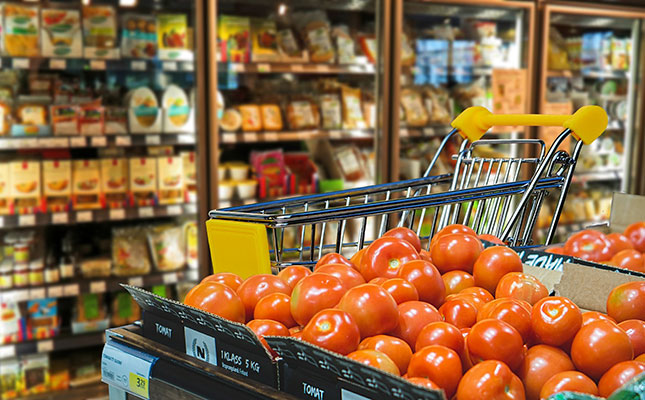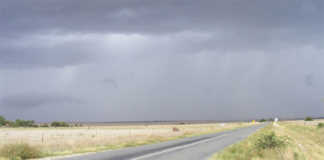
Photo: Pixabay
Wandile Sihlobo, chief economist at Agbiz, said that he expected consumer food price increases to remain sticky at relatively higher levels for the coming month, after which they would peak. Consumers could expect some moderation from around May and into the year’s second half.
The economy overall was, however, in for a downturn as the year progressed, according to Prof Raymond Parsons, economist at North-West University’s Business School.
“The rise in the annual consumer price inflation (CPI) in March from 7% to 7,1% was contrary to market expectations, which had anticipated that the CPI might now have shown a modest decline to about 6,7%. Food prices are the main culprit.
“The rate of inflation, therefore, at 7,1% remains well above the SARB’s [South African Reserve Bank’s] target range of 3% to 6%. As several analysts had already expected a further rise of 25 basis points (bps) in interest rates at the next Monetary Policy Committee (MPC) in May on their expected lower rate of inflation, it is now even more likely that the MPC will continue to take a hawkish line.”
He noted that higher borrowing costs were not the only factor influencing the economic and business outlook.
“There are whirlpools on both sides. Widespread concern and uncertainty have mounted about the further negative economic and business impact of load-shedding. This has raised the risk that the economy may now have moved into a technical recession, after facing two successive quarters of negative growth.”
Sihlobo noted that mitigating measures businesses were currently making to improve power supplies, along with the diesel rebate announced by Finance Minister Enoch Godongwana, would likely bear fruits later in the year.
“Positively, global agricultural commodity prices are softening. If the rand/dollar exchange rate remains relatively strong, this will soon be a reality in South Africa, with a lag at the retail level.”
For April, consumers could, however, expect to feel the effects of the tail-end of high grain prices of last year. Sihlobo said that if sustained, the current relatively cheaper grain prices would filter down mainly in the year’s second half.
Other product prices that could remain elevated in the near term included fruits and vegetables. Red meat prices, which had started to soften, would continue to moderate in the coming months.
Sihlobo noted that South Africa’s consumer inflation food price outlook for the second half of the year was reasonably better and would likely stabilise to levels around 7% to 8% year-on-year (from 9,5% in 2022).












